Roses, renowned for their elegance and fragrance, can be a joy to cultivate, but they are susceptible to various diseases that can mar their beauty. To ensure your rose garden thrives with minimal interventions, choosing disease-resistant rose varieties is a strategic and rewarding approach. In this comprehensive guide, we explore the key factors to consider when selecting disease-resistant roses and unveil a curated list of resilient varieties for a vibrant and flourishing garden.
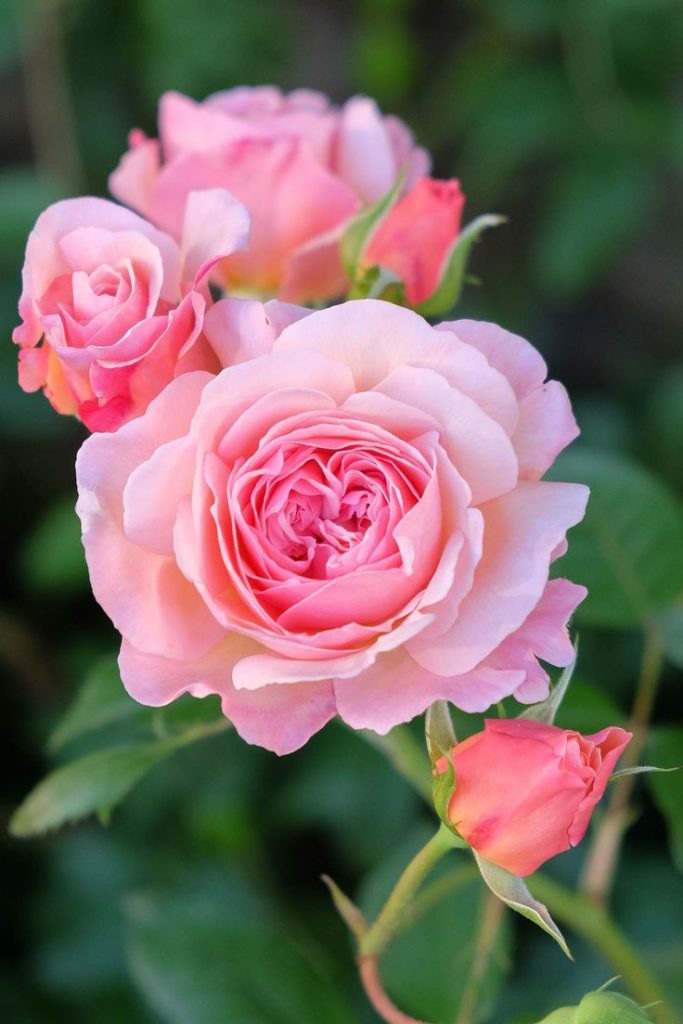
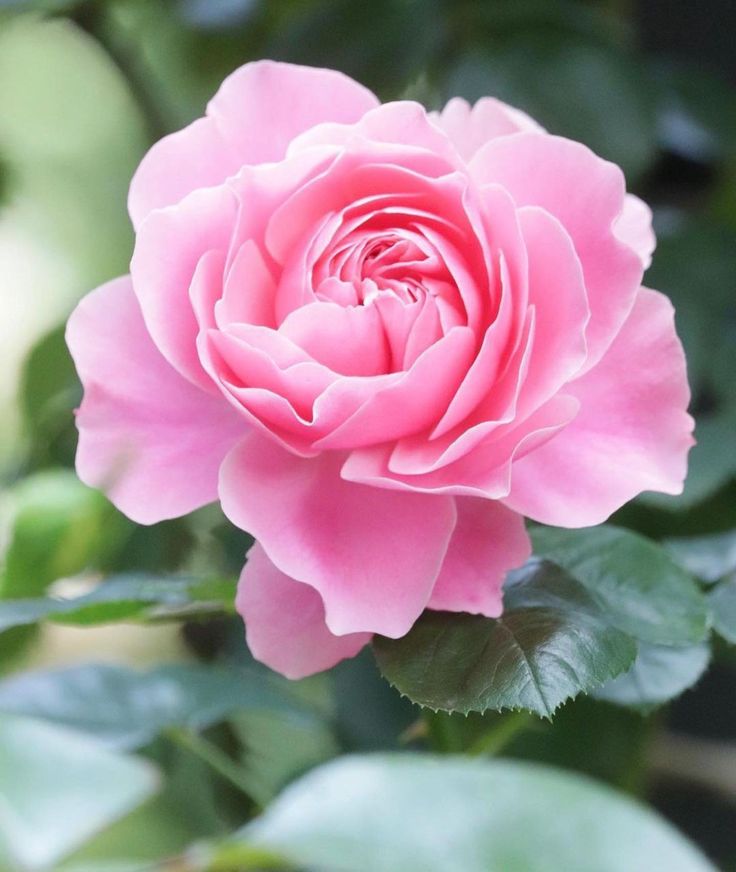

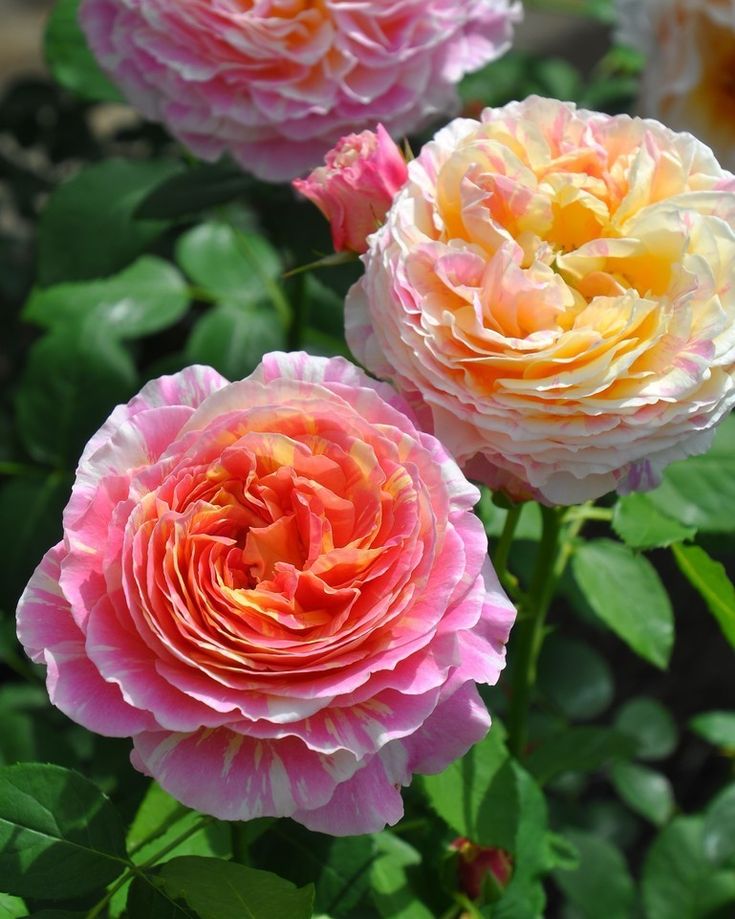
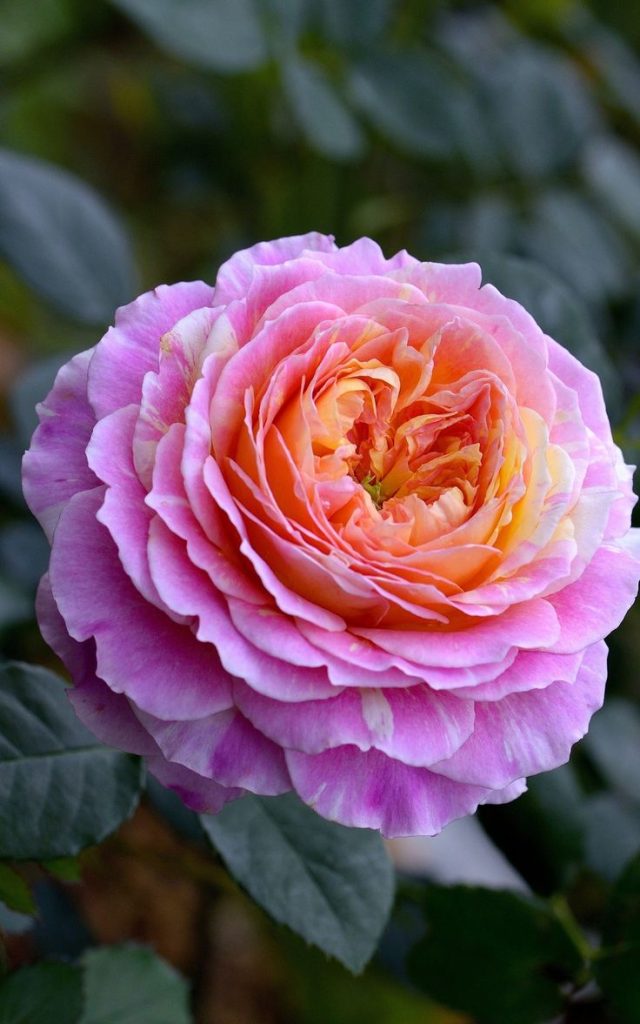
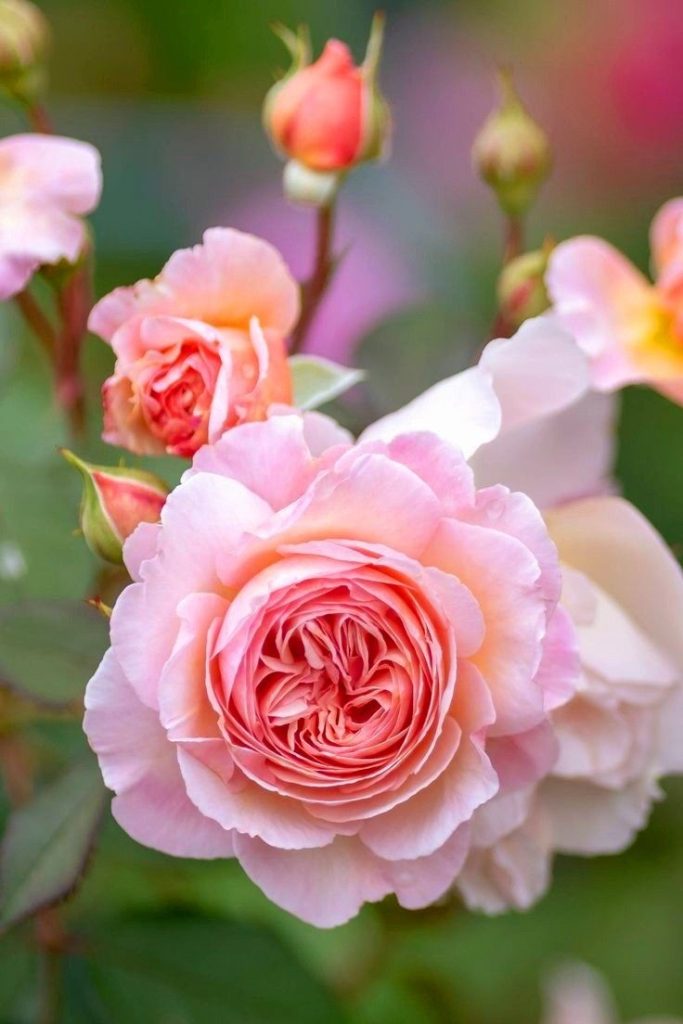

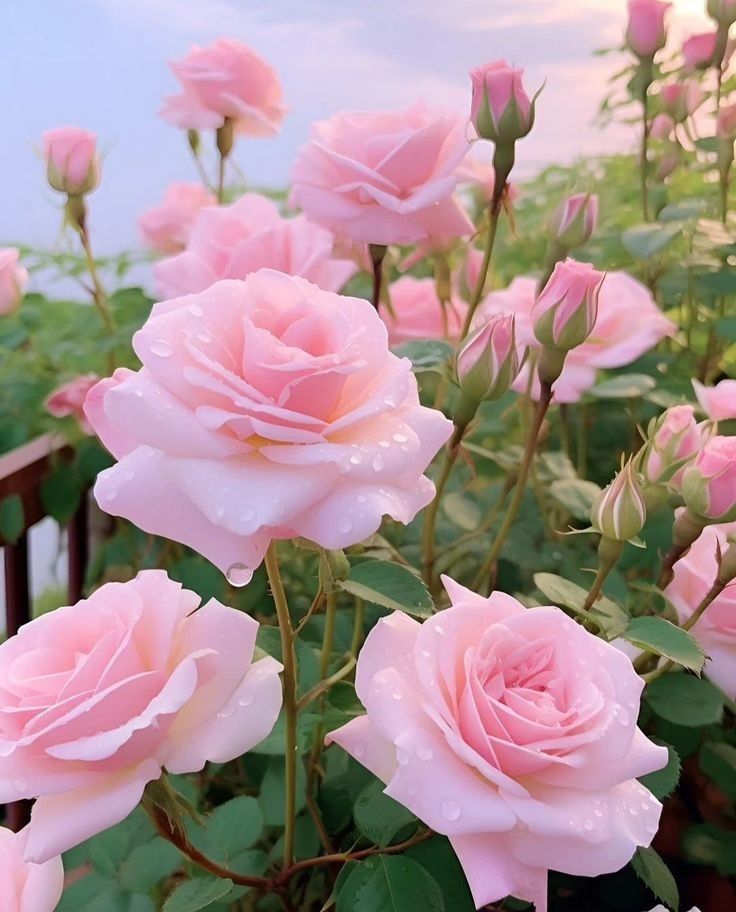

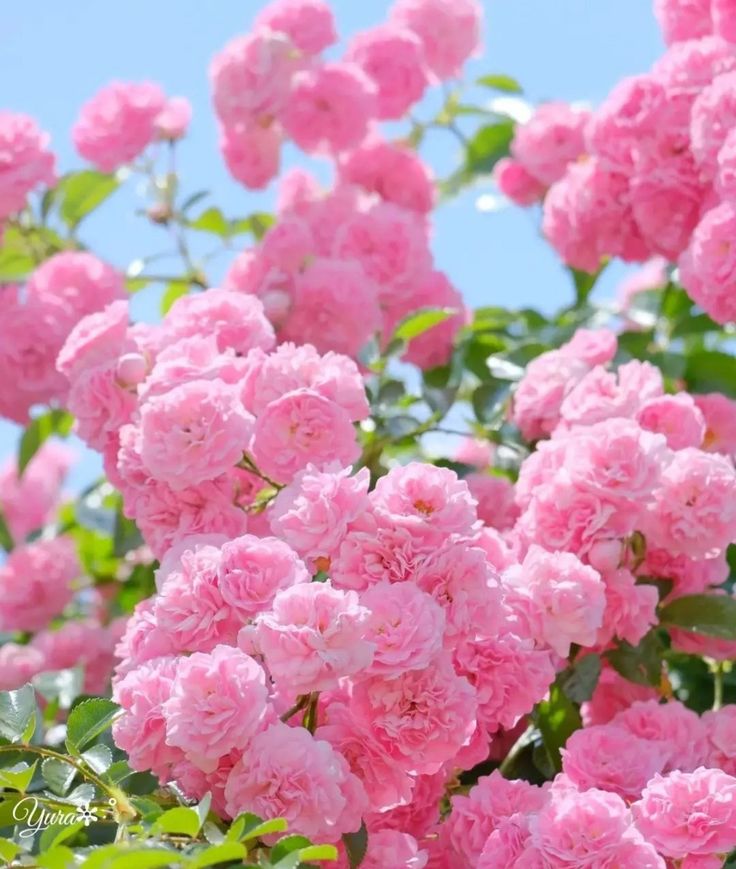
Key Considerations for Disease-Resistant Roses
**1. *Resistant to Common Diseases*
Opt for rose varieties known for their resistance to prevalent diseases such as powdery mildew, black spot, and rust. Resistance to these common ailments significantly reduces the need for chemical treatments.
**2. *Local Adaptability*
Consider roses that are well-suited to your local climate and environmental conditions. Roses that are adapted to your region are likely to resist diseases prevalent in that specific area.
**3. *Disease-Resistant Classes*
Different rose classes exhibit varying levels of disease resistance. Hybrid Teas, Floribundas, and Landscape Roses are often bred for improved disease resistance. Explore these classes for suitable options.
**4. *Research and Reviews*
Read reviews from other gardeners and consult local nurseries for recommendations. Real-world experiences can provide valuable insights into how specific rose varieties perform in different conditions.
**5. *Consult with Experts*
Seek advice from local horticulturists, rose societies, or experienced gardeners. They can offer personalized recommendations based on their knowledge of local conditions and rose varieties.
Disease-Resistant Rose Varieties
**1. *Knock Out Roses (Rosa ‘Radrazz’)*
- Class: Shrub Roses
- Disease Resistance: Excellent resistance to black spot and mildew.
- Blooms: Continuous blooms throughout the season with vibrant colors.
**2. *Sunny Knock Out® Rose (Rosa ‘RADsunny’)*
- Class: Shrub Roses
- Disease Resistance: Resistant to black spot and other common rose diseases.
- Blooms: Abundant, sunny yellow flowers that add a pop of color to the garden.
**3. *Easy Elegance® All the Rage Rose (Rosa ‘BAIrage’)*
- Class: Shrub Roses
- Disease Resistance: Strong resistance to common rose diseases.
- Blooms: Rich coral-orange blooms with a vibrant and appealing hue.
**4. *Coral Cove® Rose (Rosa ‘Novarospop’)*
- Class: Groundcover Roses
- Disease Resistance: Excellent resistance to black spot and powdery mildew.
- Blooms: Low-growing with coral-pink flowers, ideal for groundcover.
**5. *David Austin Roses*
- Class: English Roses
- Disease Resistance: Many varieties boast good disease resistance.
- Blooms: Renowned for their exquisite, fragrant blooms in various colors.
**6. *Carefree Wonder Rose (Rosa ‘Meiboulka’)*
- Class: Shrub Roses
- Disease Resistance: Highly resistant to black spot and other diseases.
- Blooms: Clusters of pink flowers with a sweet fragrance.
Maintaining Healthy Roses
**1. *Proper Planting and Spacing*
- Plant roses in well-drained soil with proper spacing to encourage air circulation, reducing the risk of diseases.
**2. *Watering Practices*
- Water at the base of the plant in the morning to allow foliage to dry during the day, minimizing conditions favorable for diseases.
**3. *Pruning and Deadheading*
- Regularly prune and deadhead spent blooms to promote air circulation and prevent the spread of diseases.
**4. *Mulching*
- Apply organic mulch around the base of roses to retain moisture, regulate soil temperature, and suppress the growth of disease-causing organisms.
**5. *Regular Inspection*
- Keep a vigilant eye on your roses for any signs of diseases. Early detection allows for prompt intervention.
Conclusion
Selecting disease-resistant rose varieties lays the foundation for a thriving and visually stunning garden. With careful consideration of disease resistance, local conditions, and expert advice, you can cultivate a rose garden that not only withstands common ailments but also graces your space with vibrant and healthy blooms.
FAQs About Disease-Resistant Roses
- Q: Are disease-resistant roses completely immune to all diseases?
- A: No, while disease-resistant roses have a higher tolerance, they are not entirely immune. Regular care practices are still essential for optimal health.
- Q: Can I use organic methods to control diseases on roses?
- A: Yes, organic methods such as neem oil, baking soda solutions, and proper cultural practices can be effective in controlling common rose diseases.
- Q: Are disease-resistant roses suitable for all climates?
- A: Many disease-resistant roses are bred to adapt to various climates, but it’s essential to choose varieties well-suited to your specific local conditions.
- Q: How often should I inspect my roses for signs of diseases?
- A: Regularly inspect your roses, at least once a week during the growing season, to promptly identify and address any potential disease issues.
- Q: Can I plant disease-resistant roses alongside other types of roses?
- A: Yes, disease-resistant roses can be planted alongside other rose varieties. However, proper spacing and care practices should be maintained to prevent the spread of diseases.